Overview
This template provides a production‑ready GrowthBook instance as a Monk runnable. You can:- Run it directly to get a managed feature flagging and A/B testing platform
- Inherit it in your own runnable to seamlessly add experimentation capabilities to your stack
What this template manages
- GrowthBook application server
- MongoDB for data storage
- Web UI and API on port 3000
- Feature flag management and experiment analysis engine
- Persistent volumes for data
Quick start (run directly)
- Load templates
- Run GrowthBook stack
- Customize configuration (recommended via inheritance)
variables. Secrets added with monk secrets add will not affect this runnable unless you inherit it and reference those secrets.
- Preferred: inherit and replace variables with
secret("...")as shown below. - Alternative: fork/clone and edit the
variablesin the template files, thenmonk load MANIFESTand run.
http://localhost:3000. Create your admin account on first login.
Configuration
Key variables you can customize in this template:${monk-volume-path}/mongodb on the host.
Use by inheritance (recommended for apps)
Inherit the GrowthBook runnable in your application and declare a connection. Example:Ports and connectivity
- Service:
growthbookon TCP port3000(Web UI and API) - API endpoint:
http://\<host>:3000/api - From other runnables in the same process group, use
connection-hostname("\<connection-name>")to resolve the GrowthBook host. - From apps, use GrowthBook SDKs to connect with the client key.
Persistence and configuration
- MongoDB data path:
${monk-volume-path}/mongodb:/data/db - All feature flags, experiments, and configuration are stored in MongoDB.
Features
- Feature Flags: Toggle features on/off without deployment
- A/B Testing: Run experiments and measure impact
- Targeting: Target features by user attributes, percentage rollout
- SDK Support: JavaScript, React, Python, Ruby, PHP, Go, Java, etc.
- Analytics Integration: Google Analytics, Mixpanel, Segment, etc.
- Visual Editor: No-code experiment setup
- Statistical Analysis: Bayesian and Frequentist stats
- WYSIWYG Editor: Visual changes without code
- Role-Based Access: Team permissions
Feature Flag Usage
JavaScript SDK example:A/B Testing
Create experiments:- Define hypothesis and metrics
- Create variations (A vs B)
- Set targeting and traffic split
- Launch experiment
- Monitor results in real-time
- View statistical significance
Analytics Integration
Connect to your analytics:- Data Sources: Query experiment data from your warehouse
- Metrics: Define success metrics from analytics events
- Attribution: Automatic experiment tracking
- Supported: SQL databases, BigQuery, Mixpanel, Segment
Use cases
GrowthBook excels at:- Feature rollout management and progressive rollouts (canary releases)
- A/B testing and multi-variate experimentation
- Kill switches for production incidents
- User targeting and personalization
- Data-driven product decisions with statistical analysis
Related templates
- Analytics: combine with monitoring tools (e.g.,
prometheus-grafana/) for observability - Databases: see other database templates in this repository for data source connections
Troubleshooting
- Access GrowthBook UI at
http://localhost:3000 - Generate secrets with:
- Get SDK keys in Settings → API Keys after first login
- Check logs:
- For feature flag issues, verify SDK connection and client key configuration
- For experiment analysis, ensure analytics integration is configured in the UI
- For MongoDB connection issues, verify the connection string
- Enable debug mode in SDK for detailed troubleshooting

